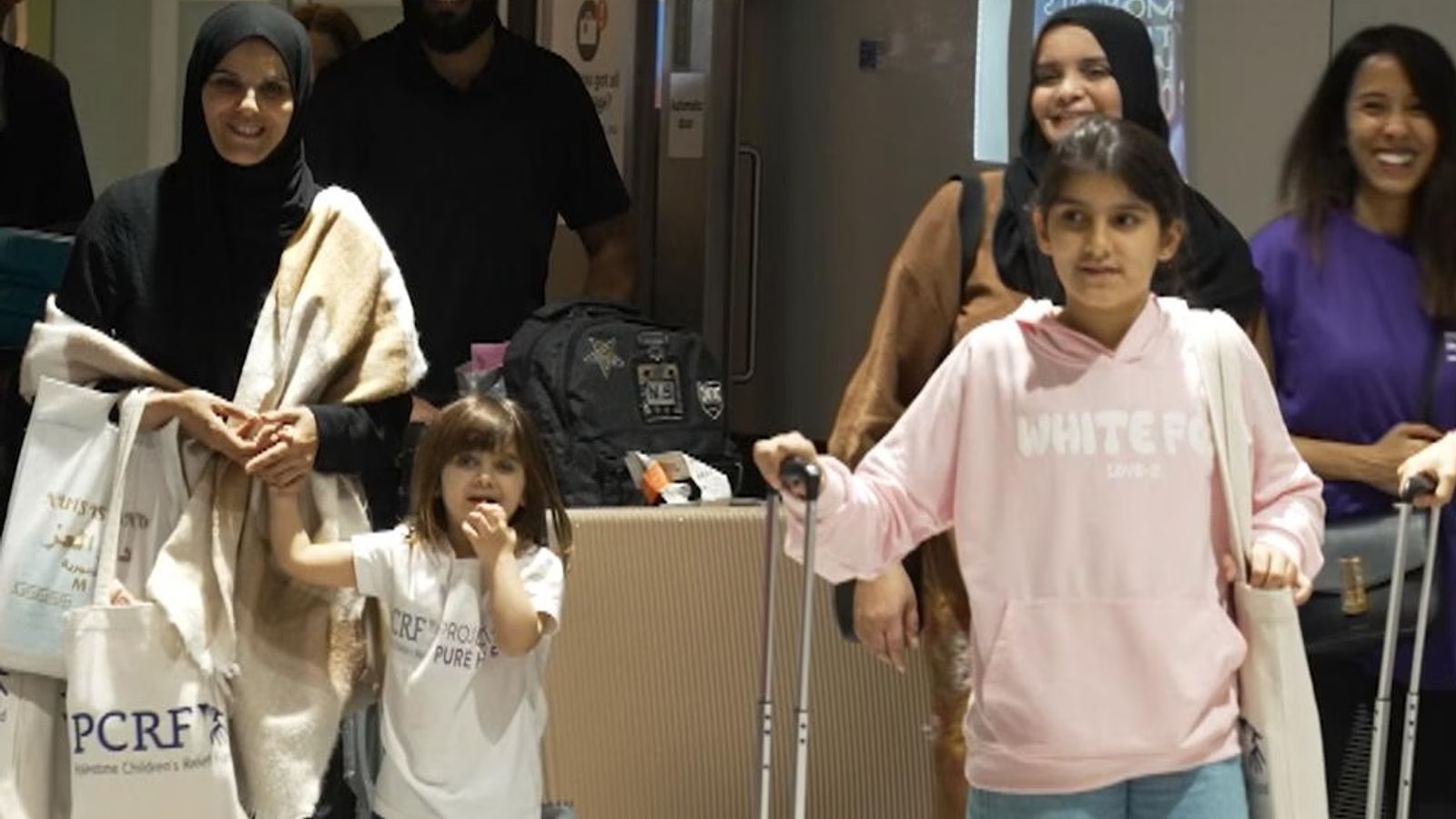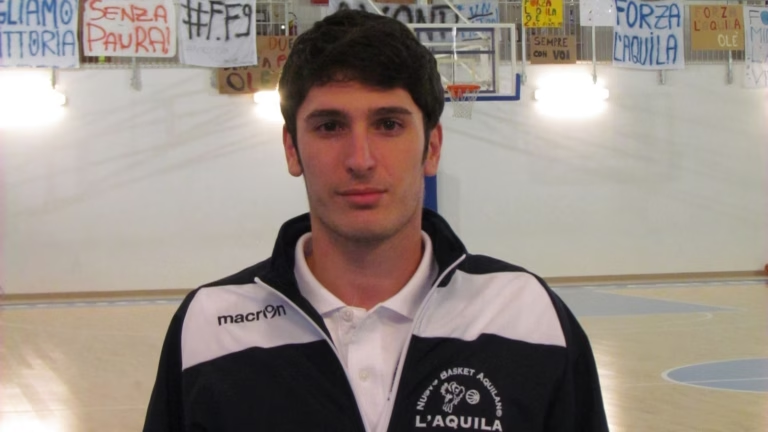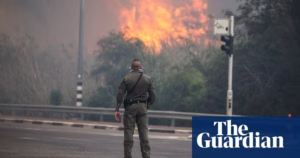A gathering, somewhat akin to a welcome party, took place near the arrivals section of Heathrow’s Terminal 5.
Some guests clutched flowers, while others carried presents; all shared an air of relief.
Two children, hailing from Gaza, had been granted permission to enter Britain for specialized medical treatment. The pair were due to arrive on the evening flight from Cairo.
This marked a significant moment as it was the first time UK visas had been issued to children from the war-torn region – a hard-won achievement after months of effort by a small group of British volunteers.
Ghena Abed, a five-year-old, appeared from behind the security gates to a round of applause. With fluid applying pressure to her optic nerve, she is in dire need of treatment to save the vision in her left eye.
A twelve-year-old girl by the name of Rama Qudiah joined the celebration as well. Her frailty and malnutrition are such that she suffers from incontinence, and medical professionals suspect she requires bowel surgery.
Rama’s mother, Rana, relayed to us that their arrival in Britain felt “like a dream”.
Her daughter Rana has been fortuidly blessed. Only a small number of children from Gaza have benefited from medical evacuations, with the majority receiving care in countries such as those in the Middle East, Europe, as well as the United States.
In March, an agreement between Israelis and Jordanians could have allowed for up to 2,000 children to leave Gaza for treatment of war injuries and conditions such as cancer. However, only 29 were permitted to go at first.
It has not been an easy process to get children from Gaza to the UK for medical care since the current conflict began, and Project Pure Hope volunteers have faced challenges in arranging temporary visas for Ghena and Rama over the course of 17 months.
According to Dr Farzana Rahman from Project Pure Hope, the group’s motivation comes from their healthcare roots: “Many of us are healthcare professionals, and I believe it’s in our DNA to assist those suffering, particularly children, when we see such needs, and that’s what drove us to act.”
However, Project Pure Hope is not finished with their mission; they have identified a list of other children they believe can be helped and argue that time is of the essence.
“One of the challenging aspects of progressing in this area is the realization that delays can cost lives. Several children who we could not assist have passed away, and that’s the most difficult part for all of us,” Dr Rahman explains.













